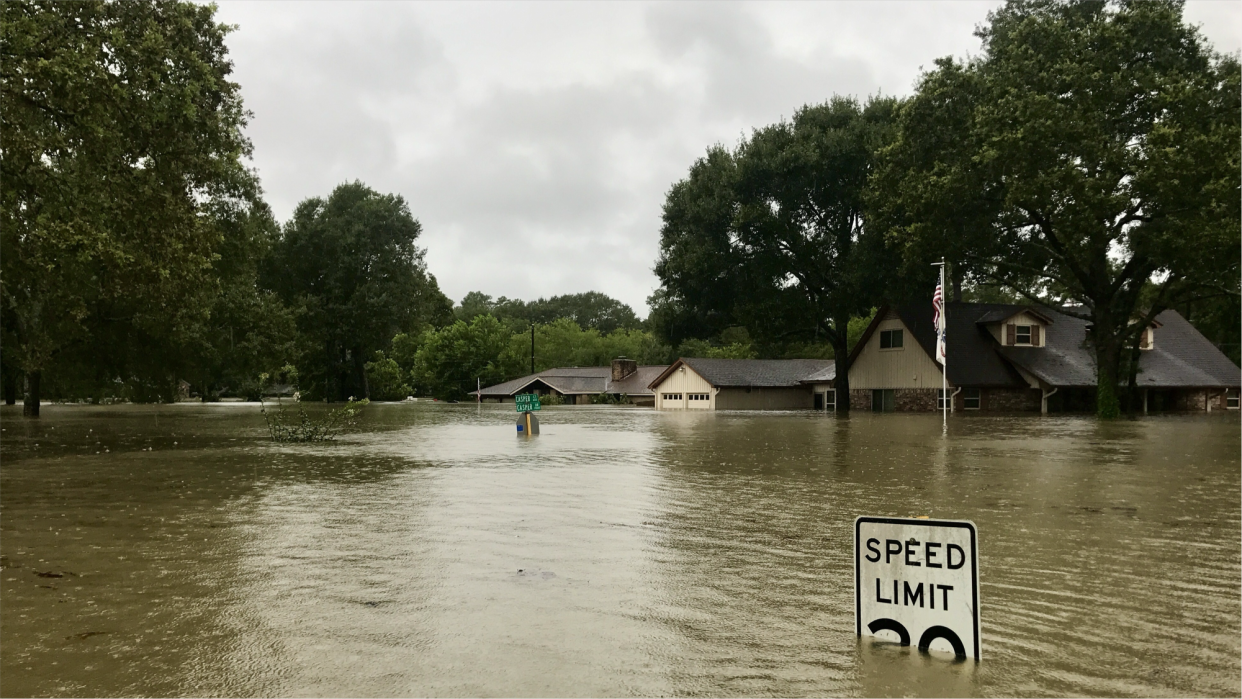Google used AI tools to predict a flood a week ahead — here’s how

Google used its artificial intelligence-powered weather forecasting tools to accurately predict floods up to a week in advance of them happening.
In a new paper published in the scientific journal Nature, Google's researchers describe this as an early warning system that could be used throughout the world to mitigate the worst effects of what is one of the most common types of natural disasters.
Flooding can be difficult to predict, particularly riverine floods, due to a lack of resources and data related to flood history, water levels, and terrain. Google took what data does exist, used it to train machine learning models and used those to make predictions globally.
AI use in weather forecasting is nothing new. Still, the rise of more powerful processors and larger data sets is allowing for new scales of prediction, including a new Nvidia digital Earth.
How does AI make flood forecasting possible?
A small percentage of global rivers have streamflow gauges which can be used to alert people if the volume of water flowing through the river changes.
When combined with other data points such as the local terrain, settlements near the river, weather forecasting, and historical events on the same river, this can be used to predict flooding.
The problem comes with rivers not equipped with this expensive technology, or where historical data isn’t reliably available and unfortunately that is the case more often than not, particularly in many African countries.
To solve the problem, Google researchers gathered as much global data as they could access and used it to train new AI models that could then make predictions for those places where data might be considerably scarce or even nonexistent.
Creating a Flood Hub
The team launched a Flood Hub platform, which provided access to forecasts in 20 countries where flood forecasting had been difficult in the past. The platform took whatever information was available locally, fed it into the AI system as a prompt, and allowed the AI to fill in the gaps.
Flood Hub has since been expanded to 80 countries in Africa, Asia-Pacific, Europea, and the Americas, covering over 460 million people globally, particularly those in communities vulnerable to flooding.
“Thanks to advances in our global AI-based model, access to flood forecasting in Africa is now comparable to that of Europe,” the Google team declared.
“We found that AI helped us to provide more accurate information on riverine floods up to seven days in advance,” they explained. “This allowed us to provide flood forecasting in 80 countries in areas where 460 million people live. Where possible, we also provide forecasts in Google Search and Google Maps and via Android notifications.”

